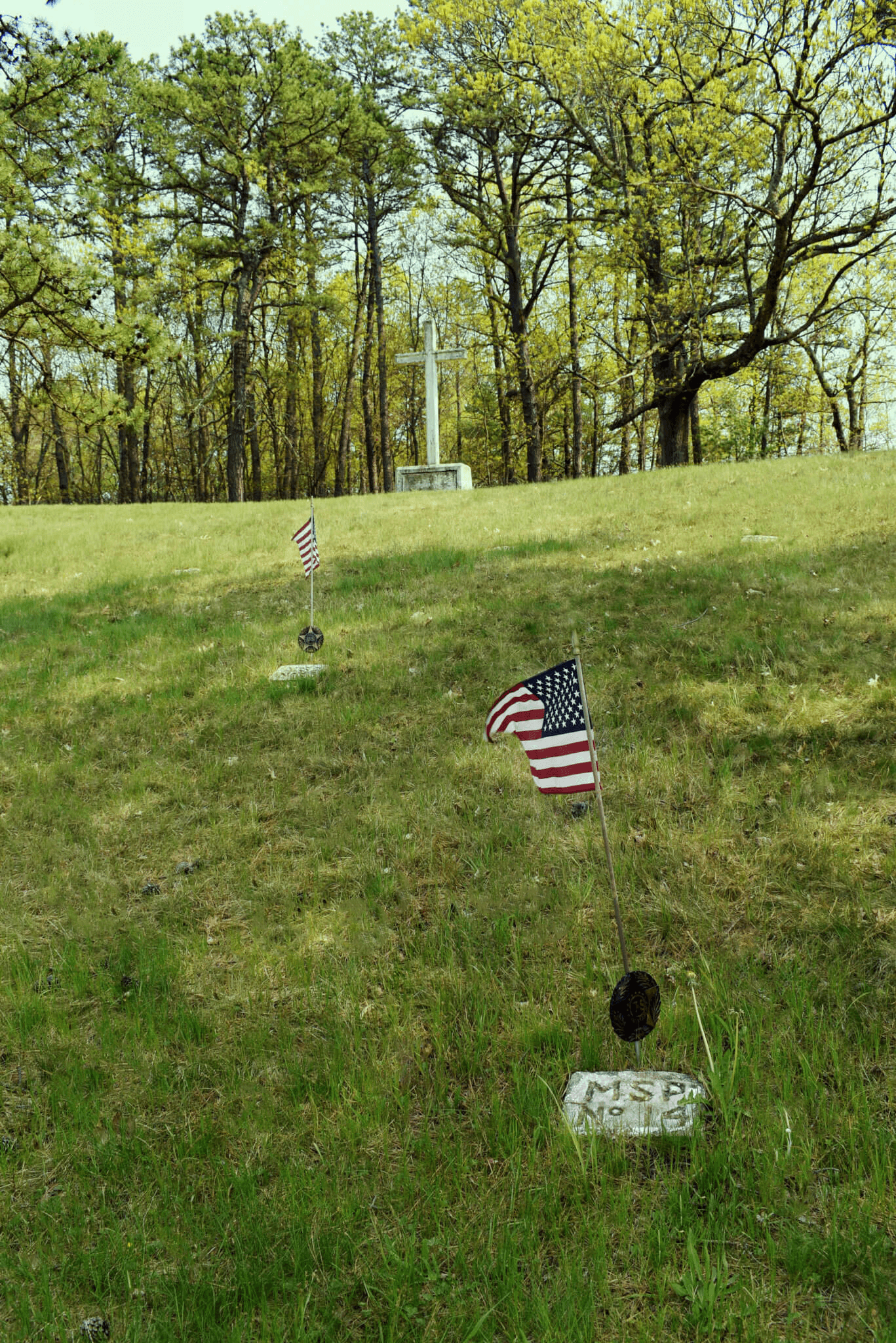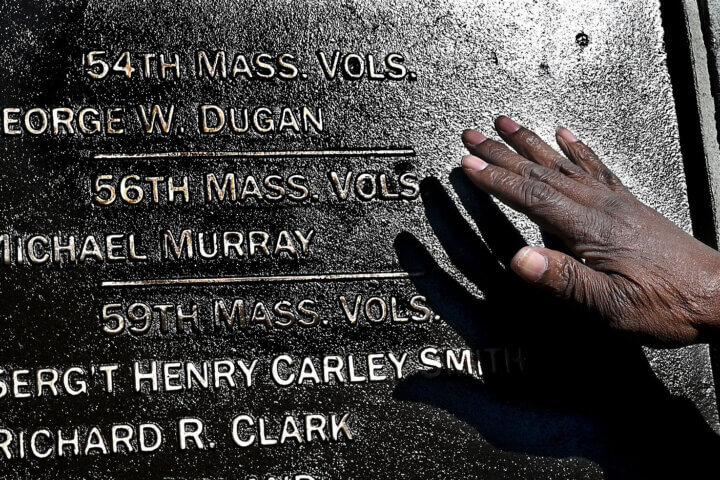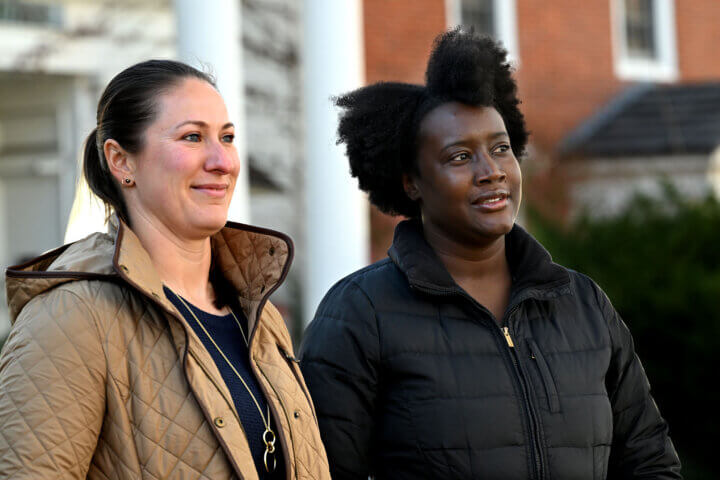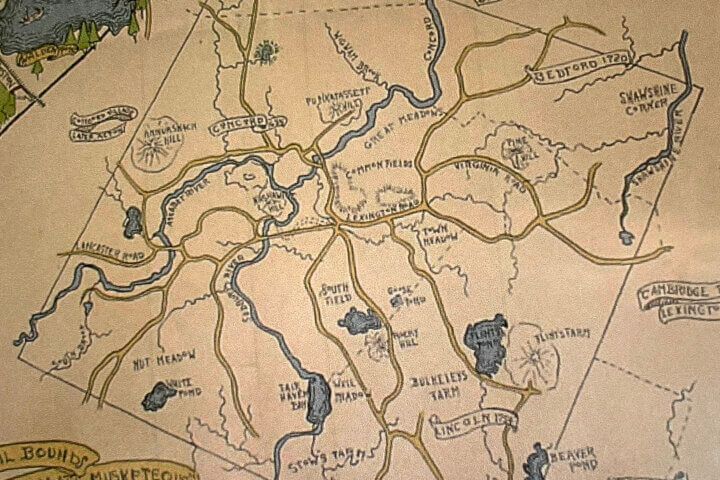Between the prison fields and the Bruce Freeman Rail Trail, 217 men lie in graves marked with a series of letters and numbers carved onto small stones. A large white cross sited above the small cemetery can be spotted from Route 2.
The men buried here in the Concord Reformatory Cemetery were prisoners. No one claimed their bodies after they died in the Charlestown Prison, the Concord prison or reformatory — the name changed over the years — or the Rutland Prison Camp between 1878 and 1996.
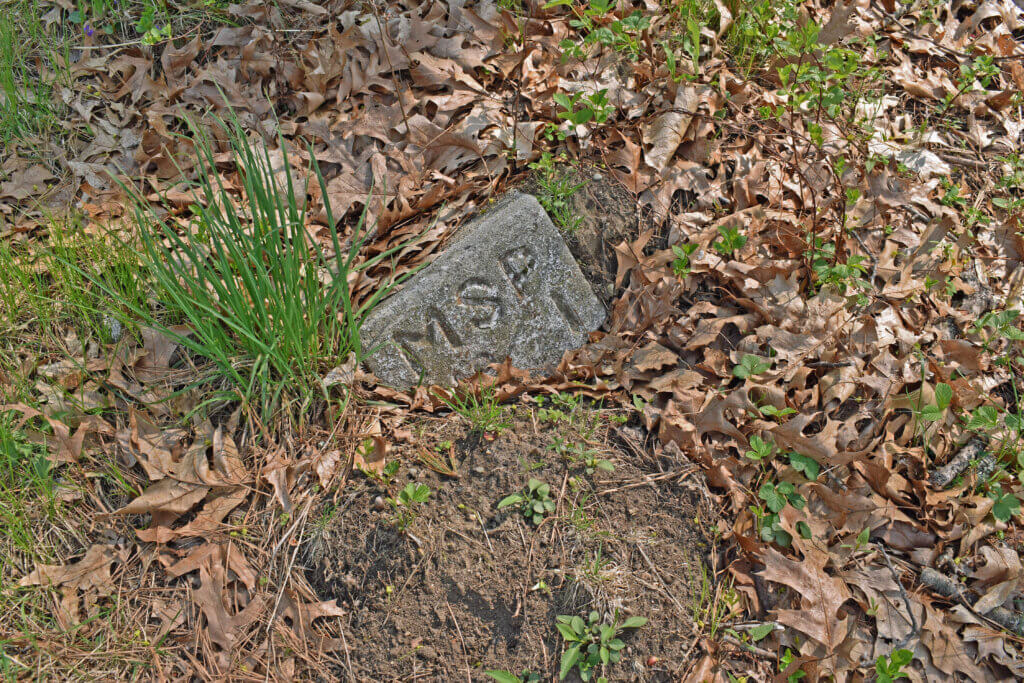
Concord Prison Outreach, with a mission to increase education, personal growth and opportunities for inmates and their families, pays attention to the deceased through Naming the Unnamed.
The goal is to “humanize, give them a voice,” said CPO Director Sam Williams. The numbers and letters on the markers only indicate where they were when they died and the chronology of their burial in Concord, nothing about who they were.
The prison system kept track of these men to some degree: their ages, what they did for work, if they were from an immigrant family. Four were “soldiers.” Another, a veteran.
As part of the cemetery project, Massachusetts College of Arts students created artwork for each man. They included information about the prisoner and a drawing that might reflect where he lived or his profession. The students entered information about each grave in FindAGrave.com.
The causes of death listed by the students were common in the late 1800s and early 1900s, when most of the interred died. Contagious diseases like cholera and tuberculosis were deadly.
The Rutland facility included a TB hospital. Others succumbed to alcohol poisoning, Williams said.
According to a burial logbook kept by the prison, the final services were lonely events. The wives of two of the men were there. One man had six family members, another two friends who attended. Apart from prison personnel, no other mourners were noted.
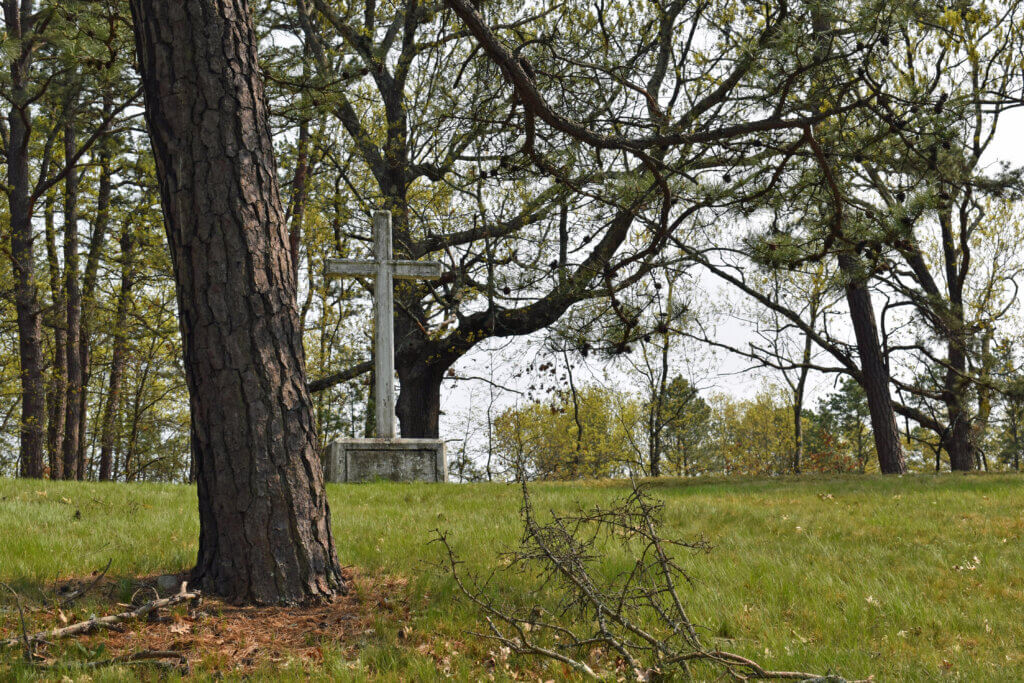
Three men, including a WWI veteran and one whose cause of death was listed as “suicide by hanging,” were buried then “removed” to another location. Thomas Ford, who died in 1878, occupies grave number one.
The log shows the toll contagion took. Ten prisoners died in October and November 1918, five on the same day, at the peak of the “Spanish Flu,” the influenza pandemic that killed millions across the globe after WWII. No cause of death was given. Between 1993 and 1996 AIDS killed four of the interred.
The prison system continues to deal with contagion. During the COVID-19 pandemic, prisoners were sent to a local hospital or Lemuel Shattuck Hospital in Jamaica Plain, according to Jeffrey J. Quick, director, Division of Resource Management, Massachusetts Department of Correction. Two Concord inmates died from COVID-19.
The last person buried in the field near Route 2 died in 1996, the cause of death listed in the log as “heart.” Gerald “Jerry” Coleman had been convicted of rape and died just one year earlier, according to the Boston Globe.
The body of his wife, Patricia Ann Tucker, was discovered in Granby, Massachusetts, in 1978, with a bullet wound to her temple. Her body, referred to as the “Granby Girl” was not identified until this year. Police described Coleman as a person of interest during a March 2023 press conference.
CPO has more planned to improve the burial ground. An accessibility pathway is in the works as are a bench and interpretive panels with QR codes. Currently the group has enough funds for landscape design, Williams said.
The project received some funding from Concord’s Community Preservation Act under the Bruce Freeman Rail Trail Umbrella, said Liz Rust, chair of CPO’s board of directors. CPO will have two interns this summer to continue the research, she said.
The cemetery is no longer in use. Burials for the Massachusetts Department of Corrections are held in Gardner, Norfolk and Bridgewater, Quick wrote in an email. Concord inmates would be buried in Gardner where an average of four inmates are buried each year.
Inmates are not part of the Concord cemetery project, Quick wrote, but Northeastern Correctional Center inmates, inmates in Concord, will work with the maintenance staff to upkeep the cemetery.
For more information about CPO, visit their website at https://concordprisonoutreach.org/.


